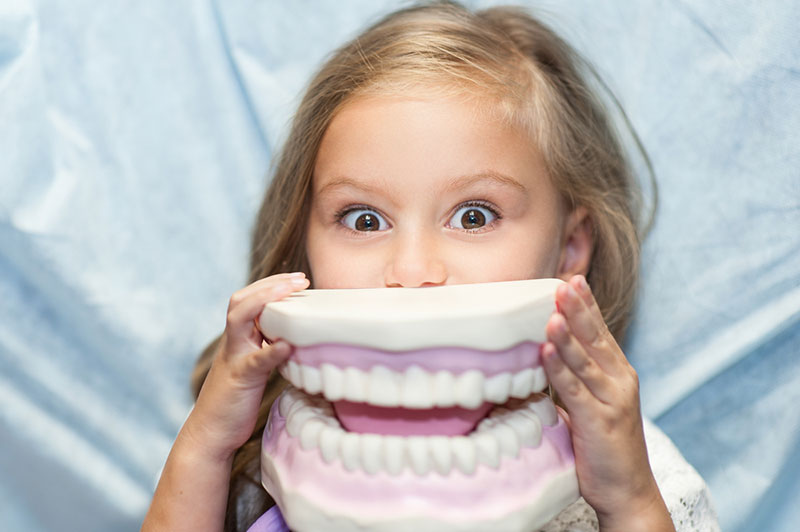I have 4 crowns that I got in 2002. My gums are inflamed around all of the crowns. The inflammation became noticeable in January. My dentist has tried antibacterial liquid. She asked me to start flossing 2 times a day. The gums around my natural teeth are fine. It’s just the teeth that have crowns that are presenting the problem. My dentist is suggesting gum surgery to trim my gum tissue. She says it might not work but if there is a problem with the way the crowns fit, trimming my gums will help. I’m wondering why after 15 years there would be a problem with the way my gums fit. For some reason, after examining my teeth and gums my dentist is confident that I don’t have gum disease. That’s somewhat of a relief but I am wondering what’s going on. If she isn’t sure that gum surgery will work, why is she recommending it? Is this normal procedure? Thanks. Norm
Norm – Gum inflammation that is around teeth with crowns, but not around your natural teeth, can result from several issues.
Some possible causes are listed below, but in each case, the reaction would be immediate. It wouldn’t take 15 years to surface:
- The area around the crowns wasn’t thoroughly cleaned and left free of cement.
- The crowns don’t fit correctly.
- The crowns fit too deeply below the gumline.
Other possibilities that are not necessarily immediate include:
- Metal sensitivity to porcelain-fused-to-metal crowns.
- Periodontal (gum disease) that can be related to your oral health or your general health.
If you have gum disease, the treatment includes regular, deep cleanings to remove plaque and bacteria from the pockets between your teeth and gums. Gum surgery is not the first resort. If your dentist doesn’t understand how to address the problem, you should be referred to a periodontist—a specialist in gum tissue.
Your dentist hasn’t referred you to a periodontist, so it’s probably best to find one on your own. You can look for online reviews or call other dentists’ office to ask which periodontists they use for their own patients. Don’t allow your dentist’s lack of understanding to delay you from getting help.
This post is sponsored by Naperville dentist Dr. Anthony LaVacca.


































